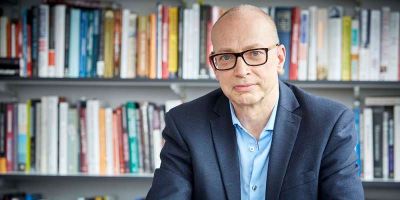ECR2P release blog series on the crisis in Ukraine
The European Centre for the Responsibility to Protect (ECR2P), has released a blog series on the crisis in Ukraine.
The series analyses the relationship between the crisis and the Responsibility to Protect, focusing on issues such as Putin's misuse of mass atrocity prevention in the pre-intervention phase, the pragmatic ethics that should now surround how the international community responds to the aggression, the General Assembly's use of Uniting For Peace and also the role of sanctions in the crisis and how they can be used as part of mass atrocity prevention strategies in the future.
The first four posts of the series are now up on the ECR2P website’s Fresh Perspectives blog page:
In the first post of the series, ‘Lies, Lies, Lies and Legitimacy: Why the Responsibility to Protect matters in Ukraine’, Professor Adrian Gallagher writes on how the Responsibility to Protect helps delegitimise Putin’s claim that Russia is acting in Ukraine to stop a genocide.
Dr Richard Illingworth’s piece, ‘Tragedy Propelling Unity: Uniting for Peace in Ukraine’, discusses the Responsibility to Protect and the unity displayed by the recent invocation of Uniting for Peace to condemn Russia’s invasion of Ukraine.
Professor Jason Ralph writes on the power of emotional responses and how they do not always make for good policy in his analysis, ‘Ukraine and the Responsibility to Protect: the consequences for the vulnerable (and the not yet vulnerable) should be front and centre of our reasoning’. This piece is also published on the BISA and LSE Blog websites.
In ‘Safe Areas and Humanitarian Corridors: Their Use and Misuse’, Professor Ralph discusses the responsibility of all parties to the conflict to abide by international law.
Upcoming posts by colleagues including Gillian McKay and Dr Cristina Stefan will be also be published as part of the series.
ECR2P have released a statement on the crisis, which can be read in full on the centre website.
University of Leeds Vice-Chancellor Professor Simone Buitendijk has also released a statement.




